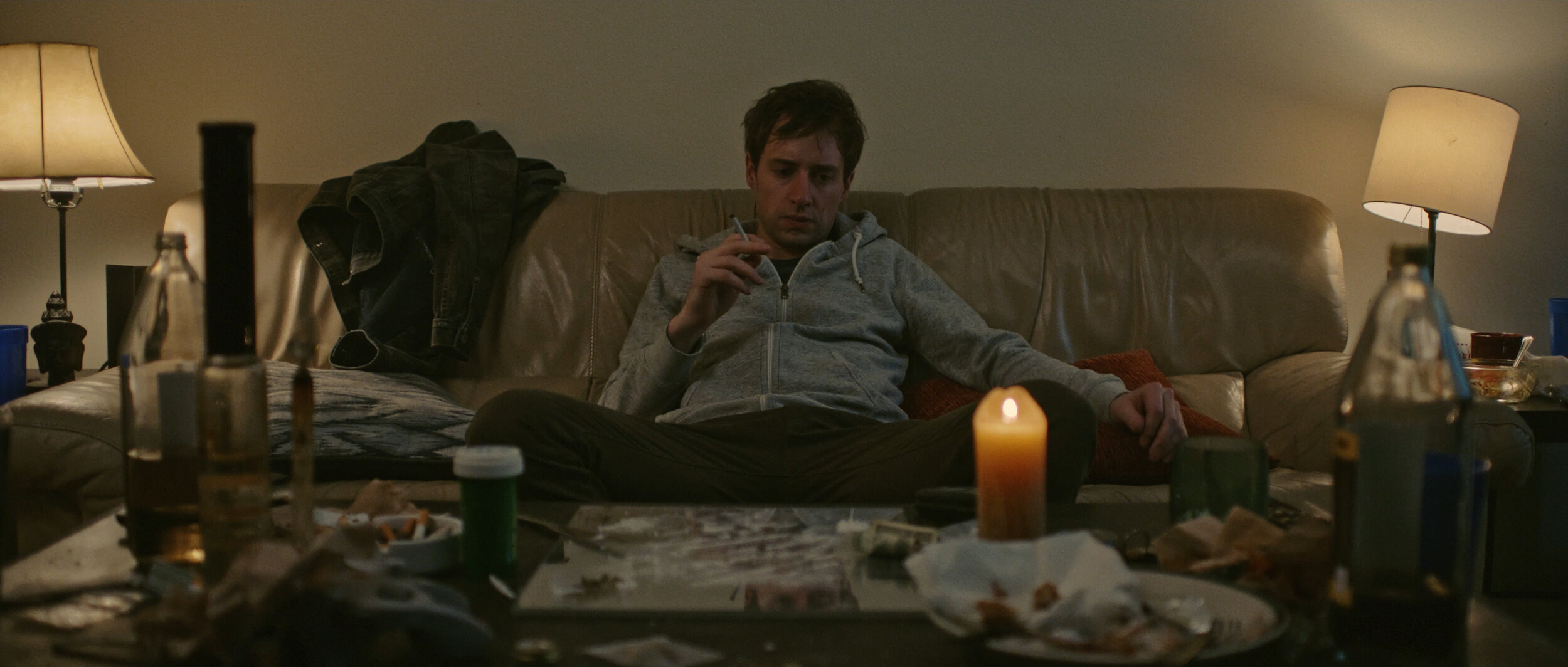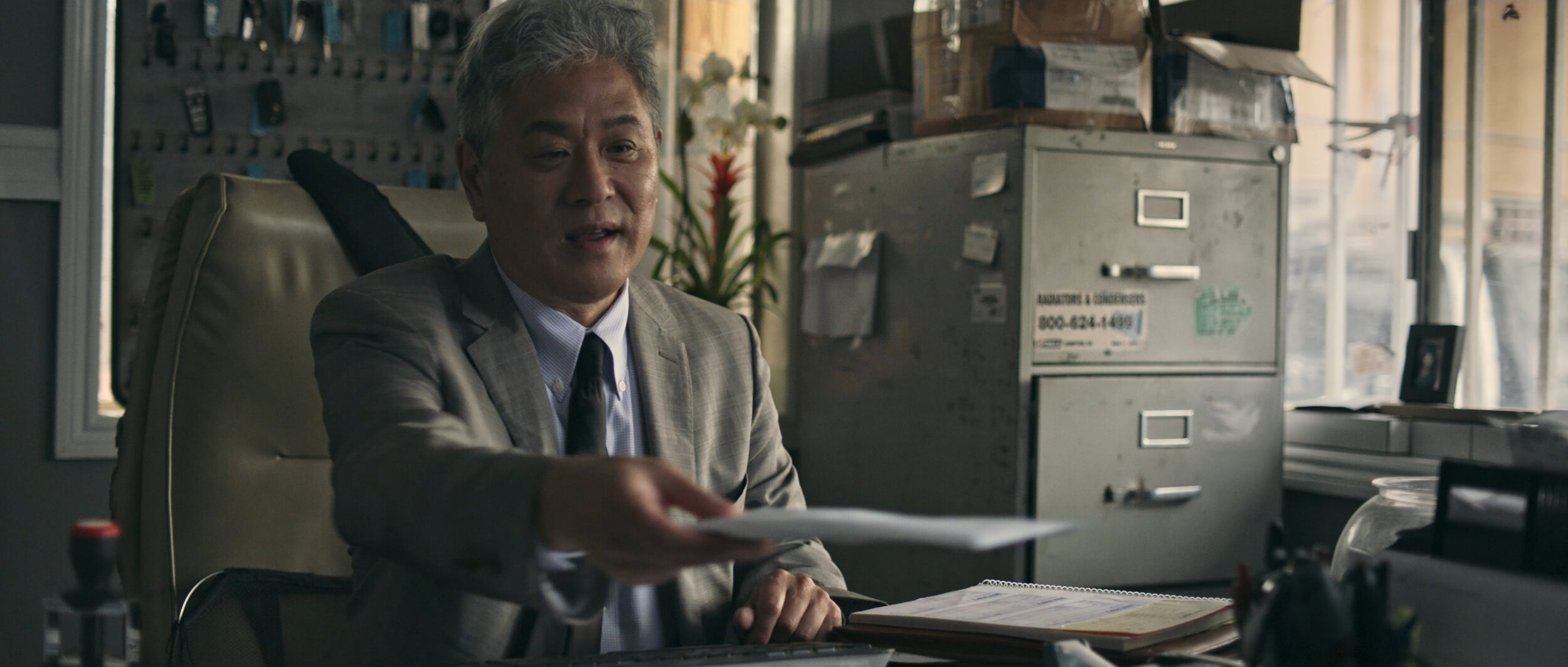“Repo” tells the story of a young car repossession agent named Michael who ends up learning the hard way that in his line of work, there’s more at stake than just his own life. Repo is both a day in the life and a coming-of-age story set in the back alleys, grungy apartments, and used car dealerships of Los Angeles.

Can you tell us what inspired you to bring this story to life?
I was inspired to write this story after a conversation I had with an Uber driver. The driver had been a car repossession agent in a previous life and hearing him talk about the job (and the lifestyle he led in order to cope with that job) was both disturbing and fascinating. I’ve always been attracted to people whose jobs bring with them an element of danger. Although the film wasn’t inspired from any specific event, it was easy to find a tense, emotional story from that world.

With almost no dialogue, how did you plan for the character’s raw development?
The lack of dialogue was not a conscious decision (at least in the beginning). Before writing, I had a picture of the full story in my head, but once I started writing, I let myself fall into each scene and I wrote what I felt was logical. The shooting draft of the script had a fair amount of dialogue, especially between the main character Michael and the used car dealer. We shot all of that, but when we got into the editing room we realised it wasn’t needed. I think in some cases it can be more engaging to learn about a character through their actions than their words. I’d like to think that the Michael at the beginning of the film would never make the same decisions as Michael from the end of the film. He would never return to the house. He would never look back.

The emotional turnaround in the film is sudden and profound, yet you leave us hanging with no closure. It’s torturous yet brilliant. What would you like the audience to take away from it?
In test screenings, people have always had the strongest reactions to the ending of the film, which I love. I’ve heard a lot of great theories about what happened, from “it was a setup” to “it was a dream”. I have no qualms with throwing my hat in the ring: I think someone didn’t want the crime scene to be found by the police. I’m willing to say that because I never wanted the film to be solely about the plot. I’ve always wanted the “meaning” of the film to come from Michael’s personal journey. He goes back to the house seeking absolution or perhaps just punishment, but instead finds nothing. In many ways this is the worst punishment that he can receive as he now has to go on living with what he’s done.




